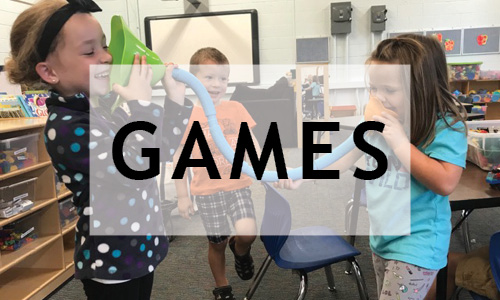Recently I seem to be getting calls to test kids from 2 1/2-3 years old who have had a history of speech therapy for about a year. Their original diagnosis had been “apraxic like speech” or apraxia. Now that they have improved their ability to imitate and produce sounds at will, they don’t fall into that diagnosis.
I have also treated children starting at 16 months and older who appear to have motor programming difficulty in that they have trouble coordinating the movements of their body related to speech. They have difficulty imitating or initiating sounds, syllables and words that they want to make. In most cases, after several months of therapy, these children have been able to program the movements needed for speech and start to present as simply “developmentally delayed articulation,” meaning the child follows the typical sequence of sound development but at a slower pace. I say this because I think sometimes as therapists we are quick to label very young children as apraxic or apraxic-like when in reality we have to work with them for several months to determine if they truly are having difficulty with motor programming for speech.
That being said, there is a certain segment of the pediatric population that truly does have childhood apraxia of speech which is defined by The American Speech and Hearing Association (ASHA) as:
“Childhood apraxia of speech (CAS) is a motor speech disorder. Children with CAS have problems saying sounds, syllables, and words. This is not because of muscle weakness or paralysis. The brain has problems planning to move the body parts (e.g., lips, jaw, tongue) needed for speech. The child knows what he or she wants to say, but his/her brain has difficulty coordinating the muscle movements necessary to say those words.”
ASHA’s website gives a thorough list of signs and symptoms for diagnosing childhood apraxia of speech as well as how it is diagnosed and possible treatment plans.
Other helpful websites to learn more about CAS are:
NIDCD: National Institute on Deafness and Other Communication Disorders



